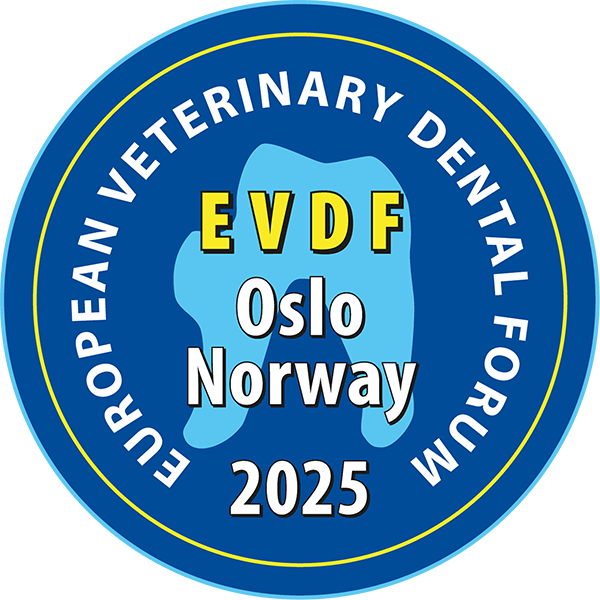

Feline herpesvirus type 1 (FHV-1) and feline calicivirus (FCV) are considered the main viral etiological factors for feline upper respiratory tract disease (URTD), colloquially termed ‘cat flu’. The most common clinical manifestations of the disease include oral/nasal discharges and ulcers, gingivitis, conjunctivitis, and/or sneezing. However, FCV infection may also lead to feline chronic gingivostomatitis, severe pneumonia, limping syndrome, and potentially fatal virulent systemic FCV (VS-FCV) infections. To date, no antivirals for the treatment of FCV infections are available. In 2019, we described poly(sodium-4-styrene sulfonate) (PSSNa) as a promising antiviral drug candidate for feline URTD caused by the FCV and FHV-1 viruses. As the polymer is highly effective in vitro, and we observed no adverse events in our in vivo dermal toxicity study in mice; an effort was made to further characterize the safety profile of PSSNa as a potential drug candidate and to test its antiviral efficacy in cats. Our study focused on cats with feline chronic gingivostomatitis (n=128), whereas 28 cats tested positive for FCV and were subjected to a randomized, double-blinded, prospective, and placebo-controlled study to evaluate the safety and efficacy of the compound. Cats were treated with a standard therapy, and our treatment as an additional therapy. We observed no side effects either in the placebo-treated (n=14) or PSSNa-treated (n=14) groups. At the same time, a significant decrease in viral load and the disease outcome was recorded in cats treated for 4 weeks with PSSNa (p=0.001), as compared to the placebo-treated group (p=0.012). To sum up, here we present the initial data on the clinical efficacy and tolerability of PSSNa in the treatment of FCV infections in cats.
